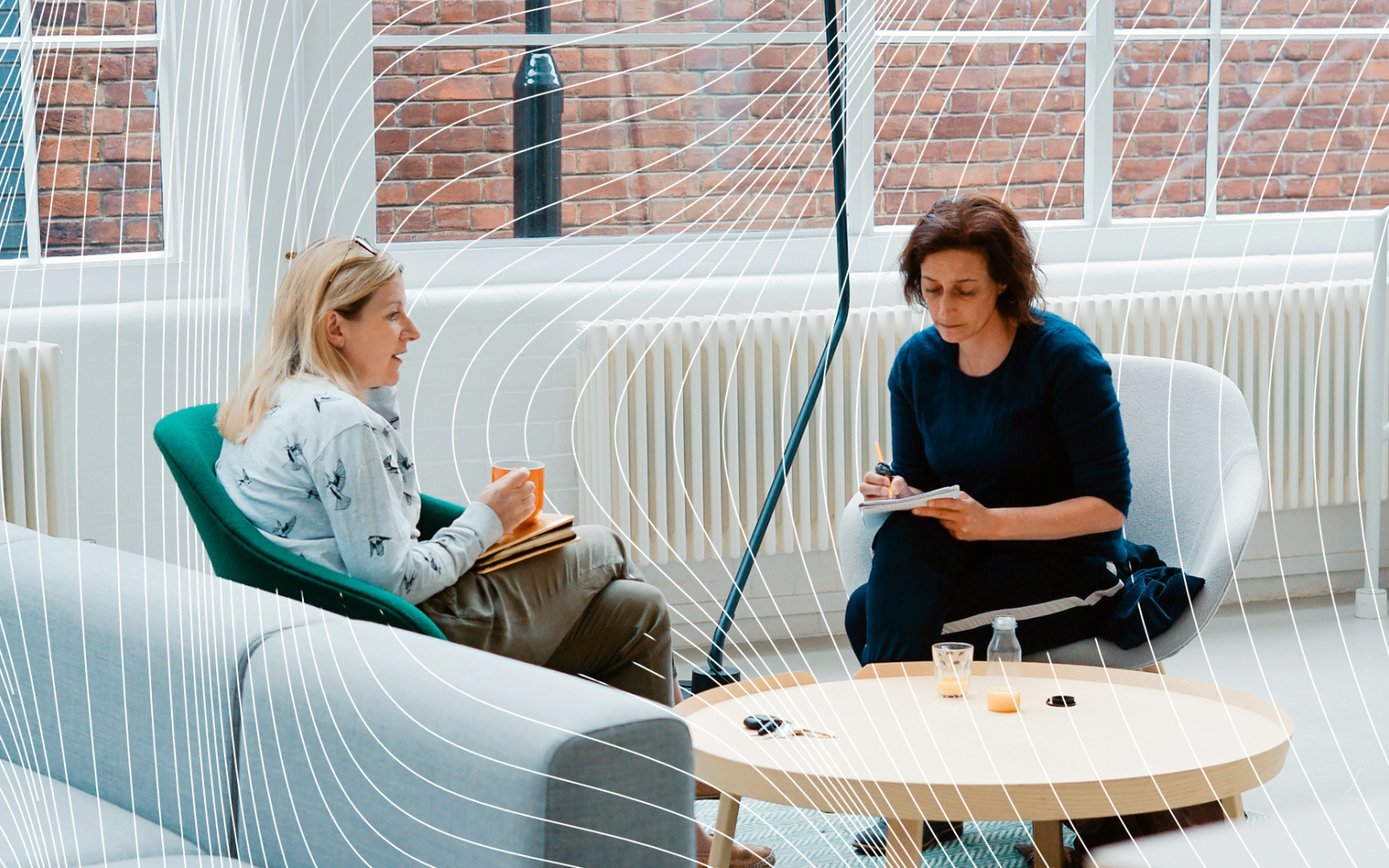HR & Education to Retain Local Talent
DEIRDRE FORTE | HR MANAGER AT KERSIA | IRELAND |
For Deirdre, small, meaningful actions are important in fostering positive change. Working in a rural area, she launched an education program in her company, providing internships for students to gain valuable experience and help retain talent in the community. Through these efforts, she has cultivated empathy and inclusion, and connected her work with her own belief in contributing to long-term impact for her company and her community.
